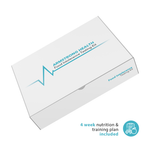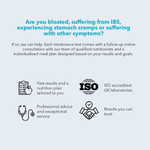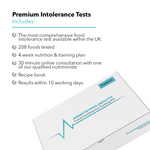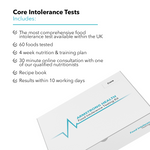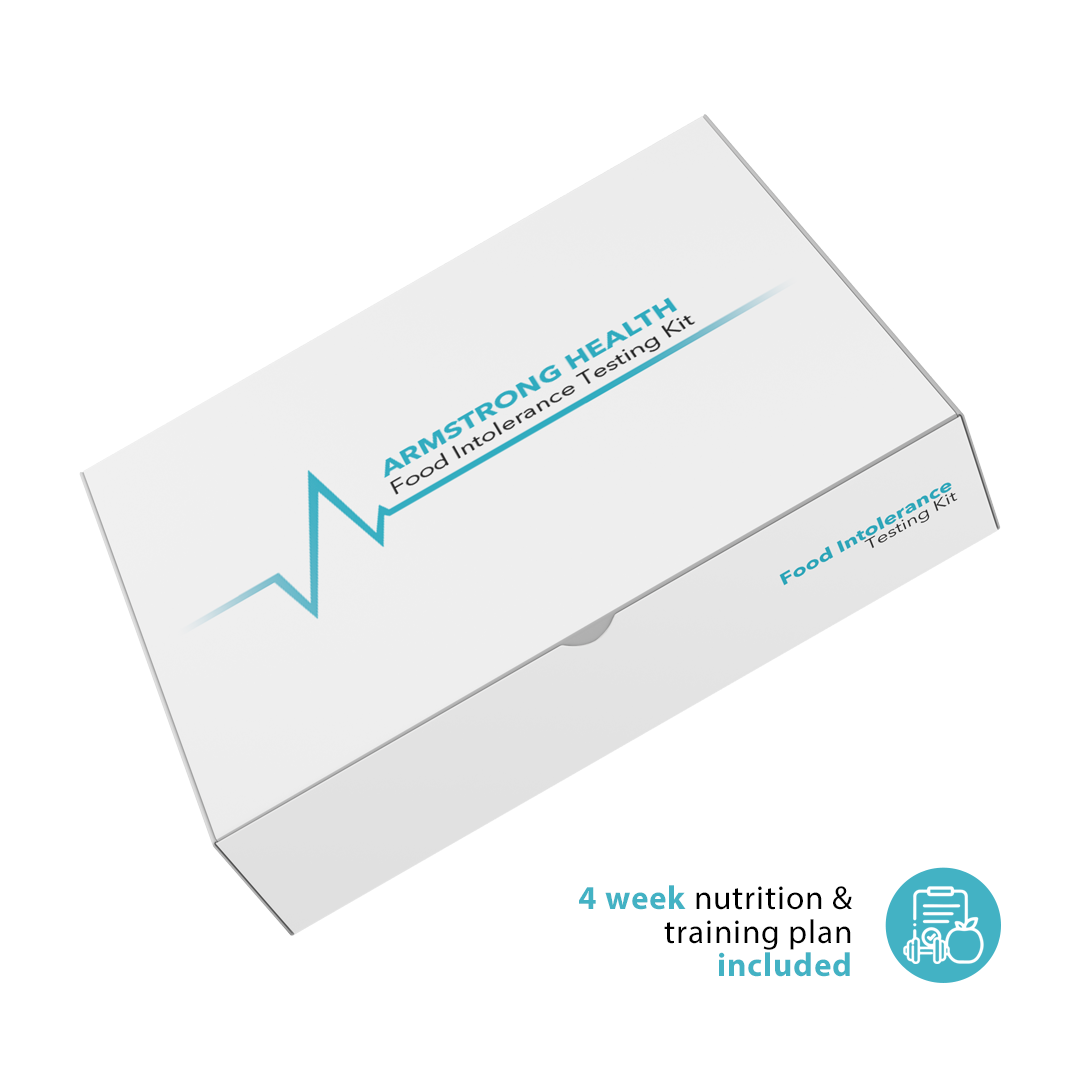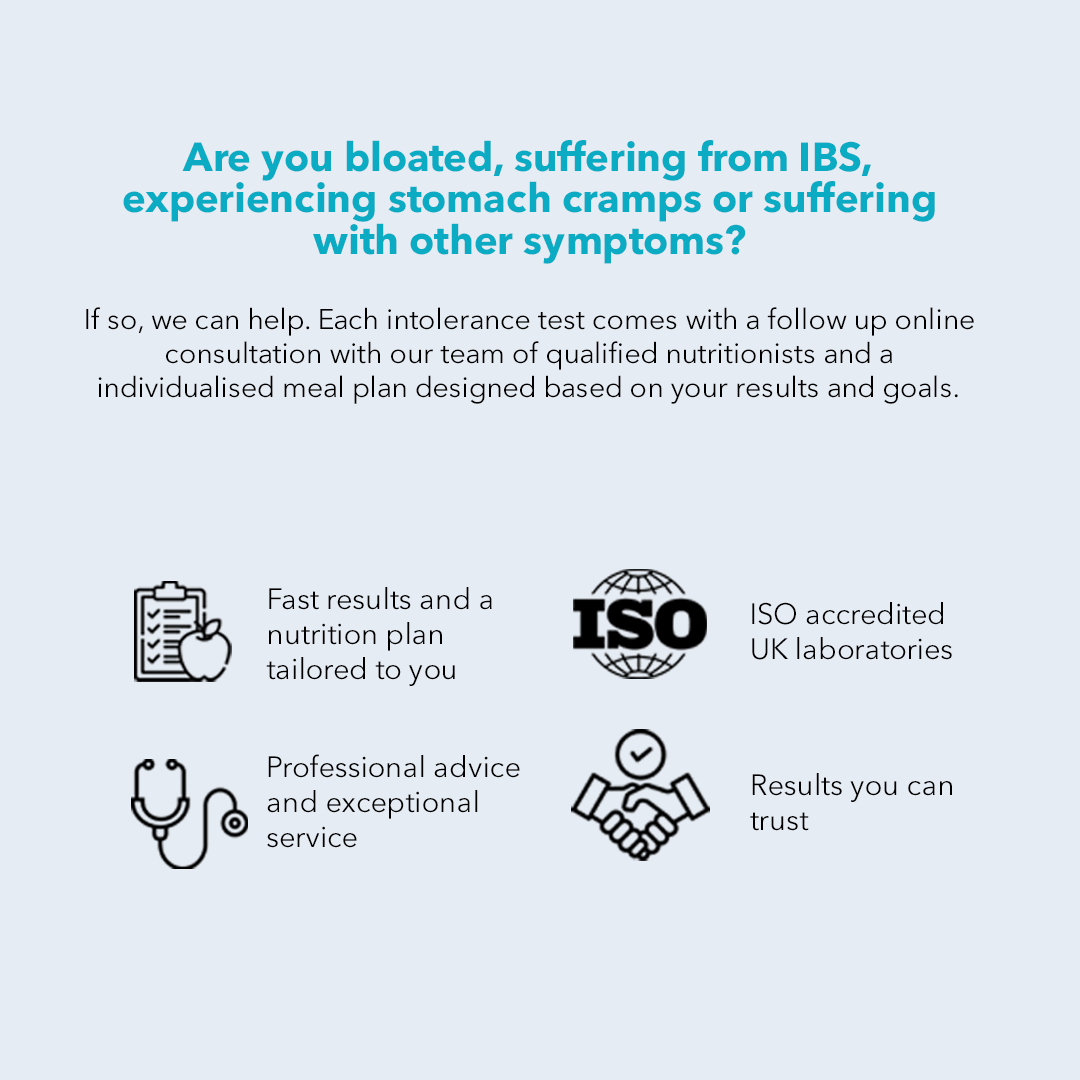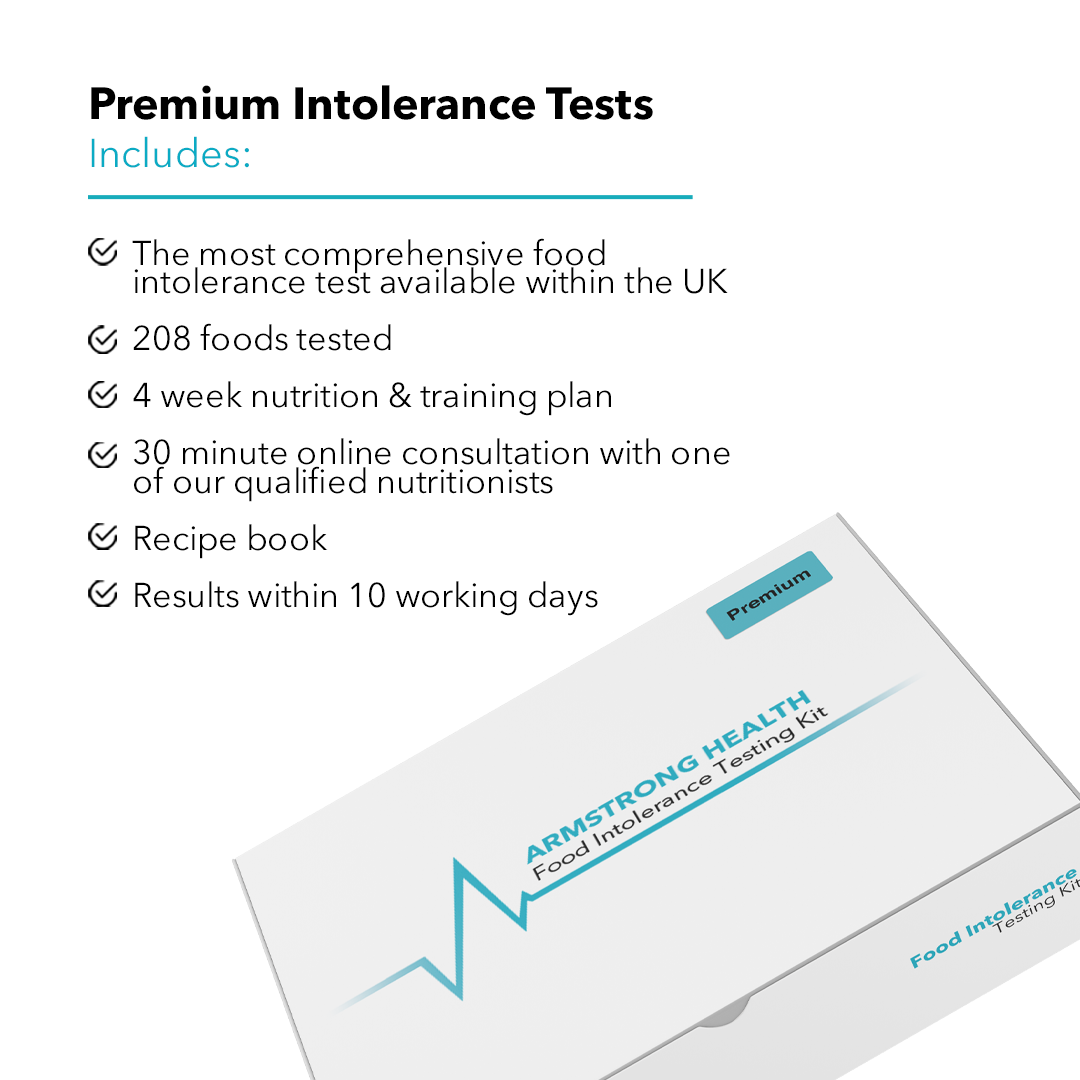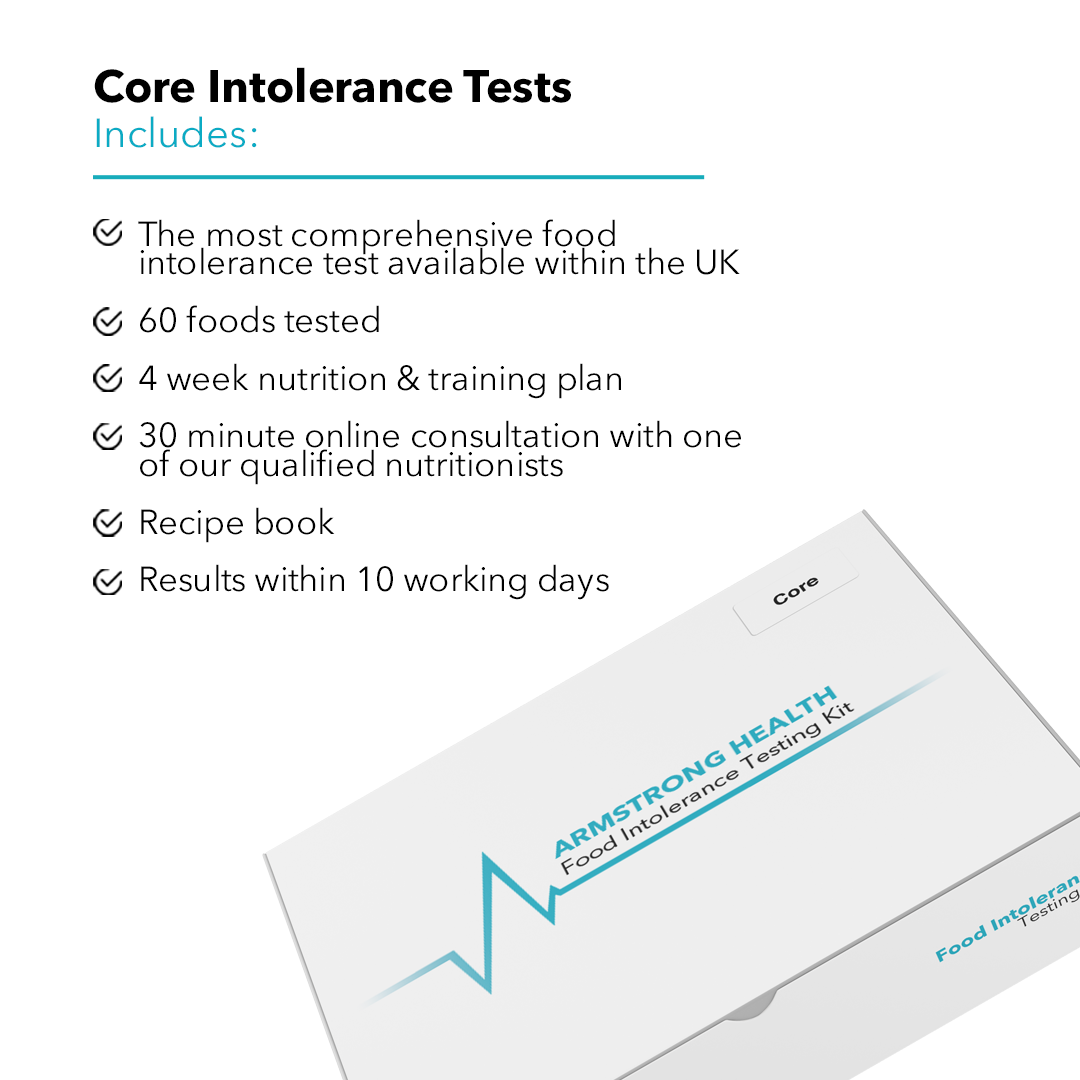The pursuit of mental health and emotional balance is a crucial aspect of overall wellness, but often fraught with complexities and challenges. While numerous factors can impact mental health, one aspect that is frequently overlooked is the potential connection between food intolerances and common mental health concerns like anxiety, depression, or brain fog. By identifying and addressing food sensitivities through comprehensive food intolerance testing, individuals can gain essential knowledge to develop personalised nutrition and lifestyle strategies aimed at supporting mental health and overall well-being.
Food intolerances can affect mental health through various mechanisms, such as inflammation, gut-brain axis imbalances, and nutrient deficiencies. These factors can contribute to mood fluctuations, impaired cognitive function, and exacerbation of existing mental health disorders. Comprehensive food intolerance testing can help reveal these dietary triggers, enabling individuals to make informed decisions about their nutrition and mental health interventions, leading to a better quality of life.
Embark on the journey towards improved mental health by understanding the potential link between food intolerances and mental health challenges. By leveraging comprehensive testing and personalised nutrition, you can unlock a crucial aspect of maintaining emotional balance and the overall quality of life. Determine how your unique food sensitivities may hold the key to unlocking better mental health and happiness through our comprehensive testing process.
The Intricate Relationship Between Food Intolerances and Mental Health
Delving into the connection between food intolerances and mental health can provide invaluable insights to individuals seeking to enhance their mental and emotional well-being. Key factors contributing to this relationship encompass:
- Inflammation: Food sensitivities can trigger inflammation, impacting the brain's neurotransmitter function and potentially exacerbating mental health conditions
- Gut-brain axis imbalances: Food intolerances can contribute to imbalances in the gut microbiome, which can subsequently disrupt the gut-brain axis, influencing mood and emotional stability
- Nutrient deficiencies: Food intolerances may lead to deficiencies in essential nutrients that are crucial for optimal brain function and mental health
Recognising and addressing food intolerances can empower individuals with essential knowledge to design personalised nutrition and lifestyle interventions targeted at supporting mental health and overall well-being.
Comprehensive Food Intolerance Testing for Mental Health Optimisation
We offer in-depth food intolerance and sensitivity testing services designed to help individuals identify their unique dietary triggers that may pose potential adverse impacts on their mental health. Through a straightforward blood sample, individuals can receive personalised results, enabling informed decisions and the development of customised nutrition and mental health strategies.
By understanding your unique food sensitivities, you can create tailored nutrition and lifestyle plans aimed at managing their impact on your mental and emotional well-being.
Personalised Nutrition Strategies for Enhanced Mental Health
Armed with insights from comprehensive food intolerance testing, consider implementing the following recommendations into your tailored mental health nutrition plan:
- Eliminate or reduce trigger foods: Remove or limit consumption of identified food sensitivities to minimise inflammation, gut-brain axis imbalances, and nutrient deficiencies
- Nourish your gut microbiome: Focus on consuming gut-friendly, probiotic-rich foods, such as fermented foods, to help restore and maintain balance within the gut microbiome, supporting mental health
- Nutrient-rich foods for brain health: Emphasise consuming foods rich in brain-nurturing nutrients, like omega-3 fatty acids, B vitamins, and antioxidants, to support cognitive function and emotional stability
- Hydration: Maintain adequate hydration to ensure optimal brain function and overall mental health
Adopting a personalised nutrition strategy tailored to managing food intolerances and promoting mental health can contribute to a renewed sense of emotional balance and wellness.
Additional Lifestyle Strategies for Mental Health Support
In addition to food intolerance testing and personalised nutrition, consider the following lifestyle factors to further bolster mental health and overall well-being:
- Physical activity: Regular exercise contributes to the release of "feel-good" brain chemicals, ultimately helping to reduce stress and anxiety while promoting overall mental health
- Stress management: Incorporate stress-reduction techniques like mindfulness, meditation, or yoga to help regulate mood and support mental health
- Sleep hygiene: Establishing a consistent sleep schedule, creating a restful sleep environment, and addressing potential sleep disruptions are essential for maintaining emotional balance and mental health
- Seek professional guidance: Collaborate with mental healthcare professionals, such as therapists or counsellors, for personalised advice and support in managing food intolerances and optimising mental health
Combining food intolerance testing, personalised nutrition, and a comprehensive lifestyle approach can empower individuals to take charge of their mental health and cultivate emotional well-being and resilience.
Maximise Mental Health with Food Intolerance Testing and Personalised Nutrition
Acknowledging the potential connection between food intolerances and mental health offers individuals vital insights and tools to address the underlying triggers contributing to mental health challenges. With comprehensive food intolerance testing, you can uncover the dietary factors influencing your mental and emotional well-being and create personalised plans to foster emotional balance and overall wellness.
Embrace the power of food intolerance testing and personalised nutrition in your journey through Armstrong Health. By understanding your distinct food sensitivities and making informed decisions, you can take control of your mental health, minimise the impact of food sensitivities on daily life, and bolster long-term emotional well-being. Seize the opportunity to discover the importance of food intolerance testing for mental health by engaging in our comprehensive sensitivity tests today.





